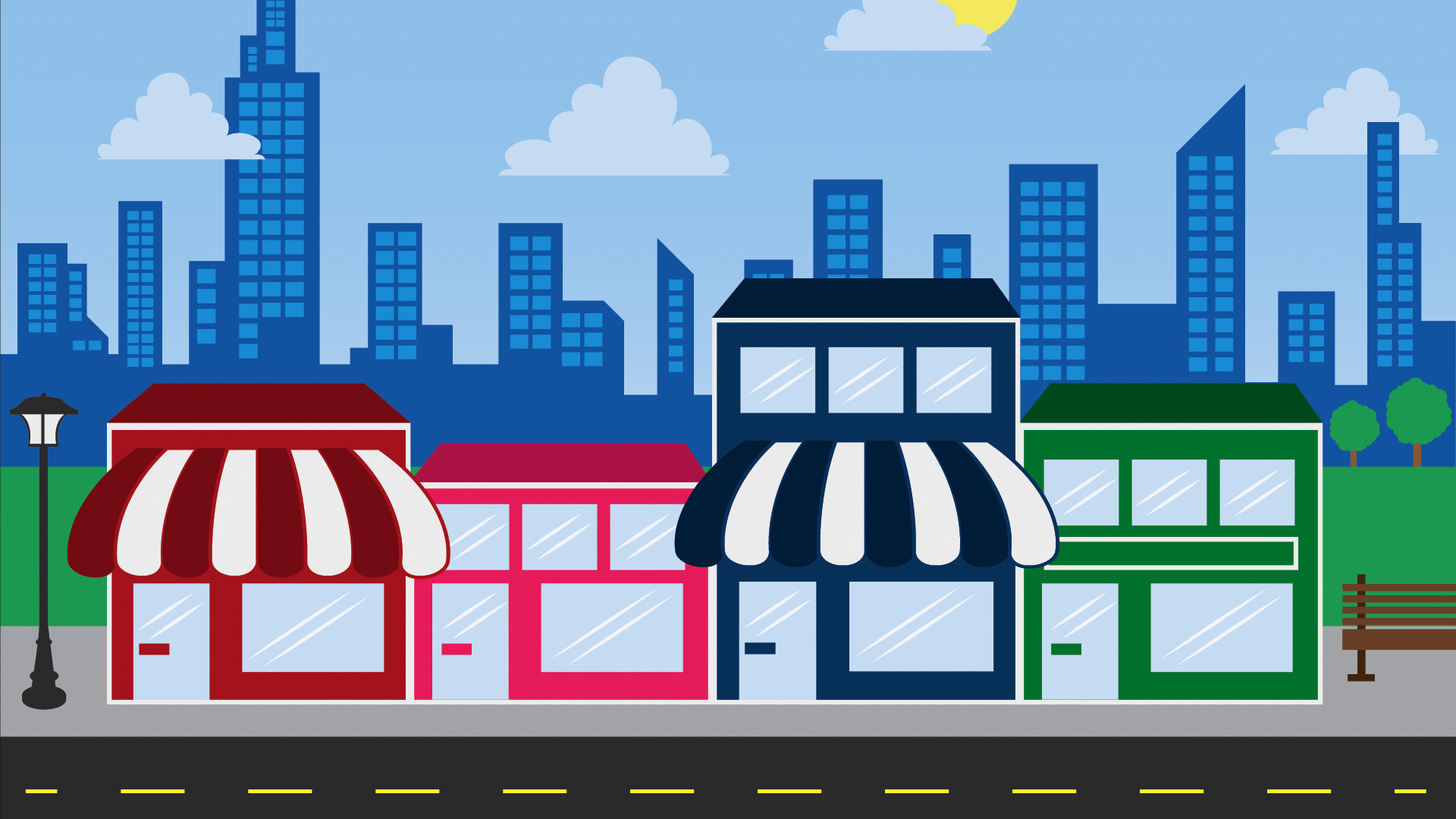Law firms. Restaurants. Consulting firms. Fashion boutiques. Schools.
While the technology enterprise aspires for growth and the social enterprise is geared towards impact, the small business enterprise is built for stability.
A good example of a small business is a nursery and primary school. Schools are the quintessential small business and their owners are devoted to running them as the stable and manageable operation they are meant to be. Success is not defined by the ability to attract international investors, but on keeping the doors of the school open year after year and turning a generous profit that would allow for a modest expansion.
The acquisition of a school may be funded largely by a loan from a bank, as is the case with most small businesses. In other cases, the founder, friends and family fund the small business.
The expectation for this type of business is that it should grow to cover its costs of debt and/or equity. Typically the emphasis is on providing a stable and enduring livelihood, not necessarily creating mind-boggling wealth.
Usually, no formal exit is envisioned and the business is run in such a way as to support the family and its lifestyle.
The lifestyle implications of the small business are as follows:
- It usually has a healthy work/life balance
- In some circumstances, it can be difficult to run a small business, depending on the business and the needs of the founder
- It may also involve long hours as the company comprises only a few employees




